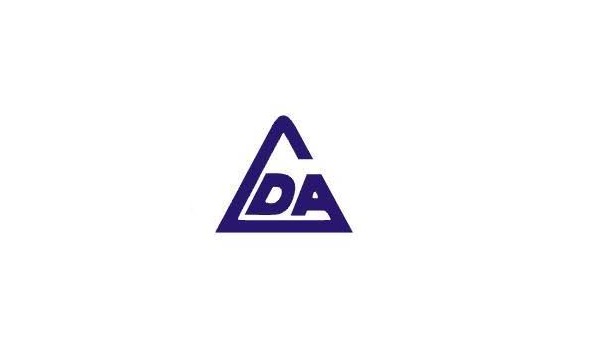Islamabad: Pakistan’s foreign exchange reserves have risen to a two-month import cover, thanks to the first installment of USD 1.03 billion from the IMF’s USD 7 billion Extended Fund Facility, as reported on October 4.
Read: UBG advocates for business relief, lower interest rates following IMF deal
As per details, this announcement was made by State Bank Governor Jameel Ahmed. The central bank received the funds on September 30, 2024, after meeting strict conditions set by the IMF for the loan program established in July. With liquid reserves now at USD 10 billion, Ahmed noted that this provides stability and eases pressure on the rupee, while improving the supply of dollars in the market.
“Remittances from overseas workers have increased, and inflation has declined, positively impacting monetary policy,” he stated. The governor expressed confidence in the government’s fiscal health, highlighting a decrease in borrowing from banks. Addressing concerns about potential repayment delays, Ahmed reassured that the government is not facing a funding shortfall and is proactively repaying bank loans.
Read: IMF approves USD 7 Bn loan for Pak’s 24th Economic Program
He also outlined plans to modernise the banking sector, aiming for fully digital banking by 2025 to enhance financial inclusion. Additionally, the SBP plans to increase SME financing from PKR 550 billion to PKR 1.1 trillion over the next five years. While digital banking gains popularity, Ahmed acknowledged the rising risks of online fraud and urged banks to strengthen cybersecurity measures. He noted that branchless banking serves 59 million customers, and mobile banking users have reached 12 million, growing at a rate of 70% annually.
Furthermore, the Raast digital payments platform has processed PKR 19 trillion since its launch, with daily transactions exceeding 2.5 million. The system will soon link with Middle Eastern software to facilitate low-cost remittances for expatriates, simplifying their ability to send money home.








